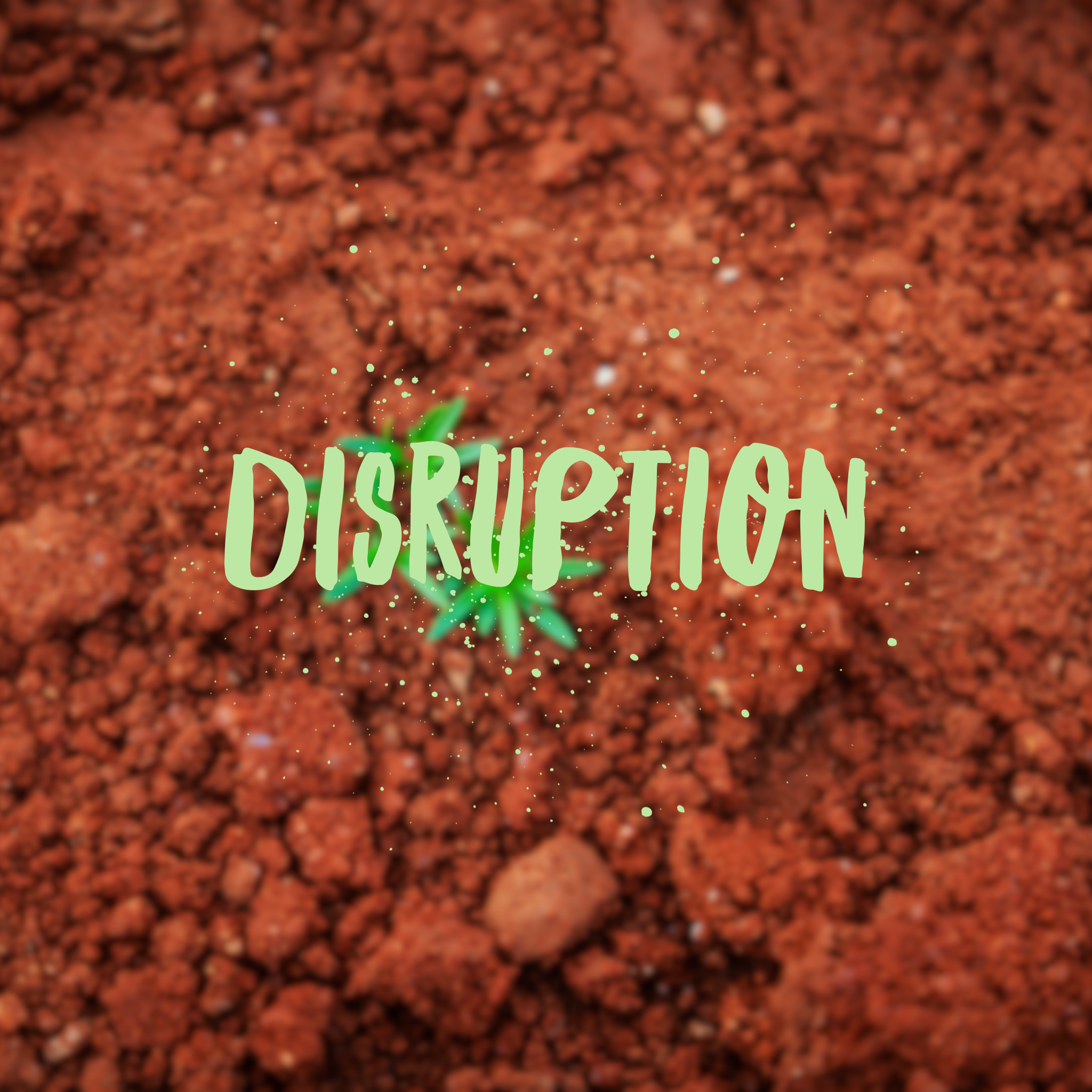Disruption
Matthew 13:31-33, 44-52
Gospel Reading for the Eighth Sunday after Pentecost (Year A)
The mustard seed was not a welcome addition to a garden. Yes, it was a tiny seed that grew to be a shrub so great that it was like a tree. But it was like a weed. You couldn’t get rid of it easily. Pliny the Elder said that when you tried to kill the mustard seed plant it would release more seeds into the ground. It kept coming back.
And those birds of the air that came to make nests in its branches? They would eat the crops of one’s garden or field. So if you were a farmer or gardener—a person with means—the mustard seed was not necessarily an enticing image of God’s community. It would actually be unsettling because the mustard seed plant brought disruption.
That Jesus would compare the kingdom of heaven to such plantarchy might be confusing to some. Within the cultural imagination the church is a prim and proper model of order and the status quo. Faith is a tidy little garden within one’s life that a person maintains on Sundays and maybe Wednesdays. It is an asset in becoming a better, more successful individual. It is an institution that advocates for how things have been.
Yet Jesus is implying something different here. God’s community takes everything over. It disrupts. It provides a home for the orphans of the air. It invites everyone in. People will try to uproot it and yet it keeps coming back. To borrow a popular phrase about truth-telling, it afflicts the comfortable and comforts the afflicted.
The mustard seed causes an individual to re-examine one’s life and priorities, to reckon with one’s apathy and sin. It would provoke one to movement towards love of God and neighbor. It does not allow a person to keep their faith tidily contained to a certain part of one’s life. It blossoms into something that understands that following Jesus is not a set of beliefs or a community to which one belongs but a way of life.
On a community scale, the mustard seed would grow into something that cries out for justice in the streets when that justice is being denied. It would seek to build bridges and challenge those who would keep others out. It would ask others to disrupt their own lives for the sake of the kingdom of heaven.
As a final note: I think of the mustard seed and the disruption it causes whenever I read Martin Luther King, Jr.’s “Letter from a Birmingham Jail.” I’ll let an excerpt from that towering work have the final word:
There was a time when the church was very powerful--in the time when the early Christians rejoiced at being deemed worthy to suffer for what they believed. In those days the church was not merely a thermometer that recorded the ideas and principles of popular opinion; it was a thermostat that transformed the mores of society. Whenever the early Christians entered a town, the people in power became disturbed and immediately sought to convict the Christians for being "disturbers of the peace" and "outside agitators."' But the Christians pressed on, in the conviction that they were "a colony of heaven," called to obey God rather than man. Small in number, they were big in commitment. They were too God-intoxicated to be "astronomically intimidated." By their effort and example they brought an end to such ancient evils as infanticide and gladiatorial contests. Things are different now. So often the contemporary church is a weak, ineffectual voice with an uncertain sound. So often it is an archdefender of the status quo. Far from being disturbed by the presence of the church, the power structure of the average community is consoled by the church's silent--and often even vocal--sanction of things as they are.





